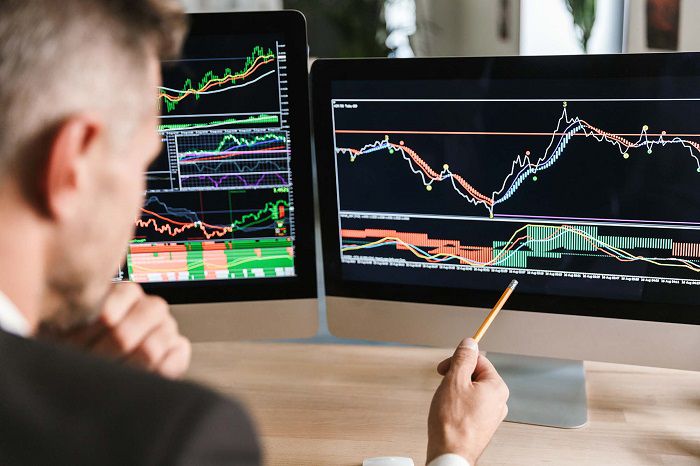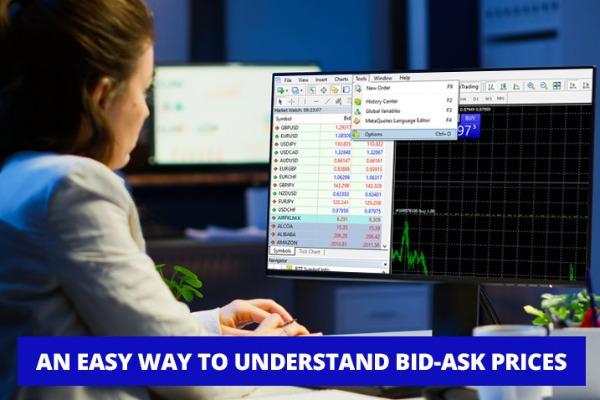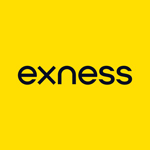Discretionary trading is a great choice for traders who wants more freedom in their strategy implementation. What are the pros and cons of this trading style?
Trading is all about quick decision-making, which is the reason why most traders should possess quick thinking abilities. By understanding the market conditions, it's possible to create solutions in a short time for any problems that occur. Sometimes, this requires constant attention to the open positions.
Some traders will need to cut the chase, some decide to let the positions float with adjustments on the stop loss. To master this, traders need to learn what is called discretionary trading.

What Discretionary Trading is All About
Discretionary trading is decision-based trading, where traders make their own decisions on how to make an entry/exit of the market. Traders usually make decisions based on current market conditions. This also means that the traders have full control over how many instruments they want to buy or sell and at what price. Still, it doesn't necessarily mean they can be careless when making trading decisions.
This trading style is perfect for traders who want more control over their own trading accounts. It is also great for traders who have more knowledge about how the market works since they are required to make decisions about the positions. Most traders who prefer discretionary trading are advised to practice using a demo account or small-sized accounts like cent or micro. It is also best if they prepare clear trading plans beforehand so that they wouldn't start too far from their original goals.
Nevertheless, discretionary traders never really stick with their trading systems. The decisions are not based entirely on the trading system, so they can't be automated.
Benefits of Discretionary Trading
The perks of discretionary trading are that it allows traders to decide which trades to make based on the information available. Because all the decisions are in the trader's hands, they can set parameters regarding what kind of trades they want to execute and deviate from them if necessary.
For example, a trader might review their charts and find that their criteria to open a position are all met. But at the same time, there is an upcoming announcement from a major central bank that might affect the market in a significant way. A discretionary trader can decline to execute the trades despite the perfect setup that appears beforehand in order to protect their position against unexpected risks. The main idea is that the trader has full control over why, when, and how their orders are executed or not executed.

Another advantage of discretionary trading is that this method is very adaptive to market conditions. While automated trading systems might be great for some traders, they can also perform poorly when there is a slight change in the market. This doesn't happen to discretionary traders. As a matter of fact, traders can increase the size of their positions slightly to maximize gains in case they notice that their strategy performs very well and vice versa. Of course, this requires enough knowledge about how the market works, what conditions might work with a certain strategy and many more.
The Problems with Discretionary Trading
Aside from the benefits, there are some drawbacks of discretionary trading. Most traders are prone to second-guessing themselves. This will make them not really good at deciding when to trade and when not to. For these conditions, using systemic trading might be a better option. But, traders who want to learn about utilizing discretionary trading can start by learning about trading psychology. That way they can have better control of their emotions during a trade. It can also stop them from being too greedy or fearful since it might destroy their opportunity of winning a trade.
Another disadvantage to be paid attention to is related to analysis time. Discretionary trading might create a problem for traders who have full-time jobs or can't check their positions regularly. In this case, they might have to learn long-term strategies like position trading to minimize their analysis frequency.
What to Consider
A trader who wants more control of their account can opt for trying their hands on discretionary trading. But before that, there are several things to think about.
Think Through
Because all the decision-making is in your hand, you need adequate knowledge and experience in the market. What if you're still a rookie? It just means that you need to think through and prepare yourself beforehand. There are several ways to do it. First of all, it's important to learn about all the basics necessary for trading such as chart patterns, indicators, and fundamental analysis. You also need to learn how to make a trading plan, mitigate risks, and create backup plans before placing an entry anywhere. Joining a good trading forum is also a viable step to try.
Find a Good Broker
The next step is to find a good broker with ideal specs to support discretionary trading. Looking for the best one can be tricky since there are a lot of things to be considered. But this is very important because after all the broker is an important key in trading. Finding well-regulated brokers can be the first step toward this. Check out their history, securities licenses, customer complaints, and trading conditions.
One example of a broker for discretionary trading is ICMarkets. This broker is regulated by ASIC and they offer all kinds of trading accounts. It is even stated that the standard account is particularly suitable for discretionary traders. It's great because their standard account offers low spreads starting from 0.6 pips.
IC Markets is an online forex broker operating under the company of International Capital Markets Pty Ltd. Traders under the Australian jurisdiction are provided with the trading service of IC Markets AU that is headquartered in Australia and licensed by the Australian Securities and Investments Commission (ASIC).
On the other hand, non-Australian traders who open an account in this broker are registered under IC Markets SEY that is based in Seychelles, and regulated under the Seychelles Financial Services Authority (SFSA). The dual operation is a result of the relatively new rules from ASIC that prohibit their regulated broker to offer trading services outside Australia.
Classified as an ECN broker, IC Markets provide clients with MetaTrader 4, MetaTrader 5, cTrader as platform trading options. This broker also follows market trends to include Cryptocurrencies as one of its products, enriching its already wide selection of trading assets that include Currencies, Indices, Metals, Energies, Softs, Stocks, as well as Bonds.
The minimum deposit in IC Markets is in the middle range compared to other ASIC-regulated brokers, as it reaches $200 for every client. Market analysis materials are also prepared regularly for trading insights on IC Markets's official website, proving their competence to serve their traders with important contents created by market experts that work specifically for them.
For payment methods, IC Markets allows funding and withdrawal via wire transfer, credit card, PayPal, Skrill, Neteller, FasaPay, UnionPay, as well as Bitcoin via BitPay. The more interesting aspect from this broker is its multi-base currencies that include USD, AUD, EUR, GBP, SGD, NZD, JPY, CHF, HKD, and CAD.
As the trading technology in IC Markets is highly equipped with co-located servers and extremely low latency (especially on cTrader), the broker is widely known for its capability in hosting traders with the special needs for high-frequency trading as well as scalping.
To sum up, IC Markets is a fitting destination for active traders looking for a well-regulated broker. IC Markets is also flexible in terms of base currency and payment methods, signaling their commitment to welcome traders beyond their home country. As of late 2019, IC Markets provided their website in 18 international languages including English, Korean, Indonesian, French, Spanish, Italian, Malay, German, and Chinese.
Conclusions
Discretionary trading can be a way to give traders the freedom to manage their own strategies. It requires critical thinking and quick decision-making, so this might be hard for some traders. Sometimes, a new trader might find it hard to make the correct decisions considering how little experience they have. To overcome that problem, it's important for traders to have some adequate knowledge about the market, the things that really move them, and how the major players get into their positions.

 Dedicated FREE FOREX VPS
Dedicated FREE FOREX VPS Free FOREX Virtual Private Server
Free FOREX Virtual Private Server MT4 Demo Contest, Get $500
MT4 Demo Contest, Get $500 Sign Up for an Account, Claim 60% Deposit Bonus
Sign Up for an Account, Claim 60% Deposit Bonus Free MT4/MT5 VPS 2024
Free MT4/MT5 VPS 2024 Send E-mail and Get Free Merchandise
Send E-mail and Get Free Merchandise $1K Refer a Friend Bonus for Pepperstone Pro clients
$1K Refer a Friend Bonus for Pepperstone Pro clients Maximize Your Earnings with 100% Deposit bonus
Maximize Your Earnings with 100% Deposit bonus Trade to Win, $5,000 Monthly Demo Contest
Trade to Win, $5,000 Monthly Demo Contest Claim 30% + 15% Deposit Bonus from LiteFinance
Claim 30% + 15% Deposit Bonus from LiteFinance











